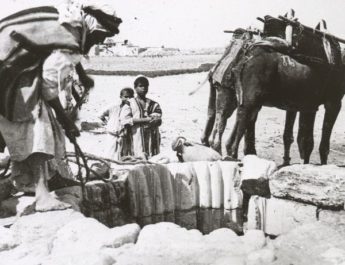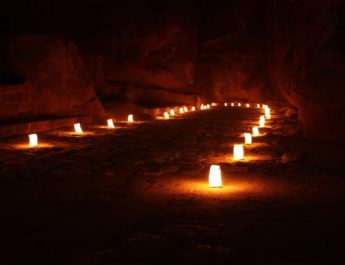Exodus 19:2-8a
Ordinary A29
2 They had journeyedA from Rephidim,B entered the wildernessC of Sinai, and campedD in the wilderness; IsraelE camped there in front of the mountain.
3 Then MosesF went up to God;G the LordH calledI to him from the mountain, saying, “Thus you shall say to the houseJ of Jacob,K and tell the Israelites:L
4 You have seen what I did to the Egyptians,M and how I boreN you on eagles’O wingsP and brought you to myself.
5 Now therefore, if you obeyQ my voiceR and keepS my covenant,T you shall be my treasured possessionU out of all the peoples.V Indeed, the whole earth is mine,
6 but you shall be for me a priestly kingdomW and a holyX nation.Y These are the wordsZ that you shall speak to the Israelites.”
7 So Moses came, summoned the eldersAA of the people, and set before themBB all these words that the Lord had commandedCC him.
8 The people all answered as one: “Everything that the Lord has spoken we will do.”
Moses reportedDD the words of the people to the Lord.
Image credit: “Aquila Heliaca Flying in Iran” by Abolfazl Fallahzadeh




